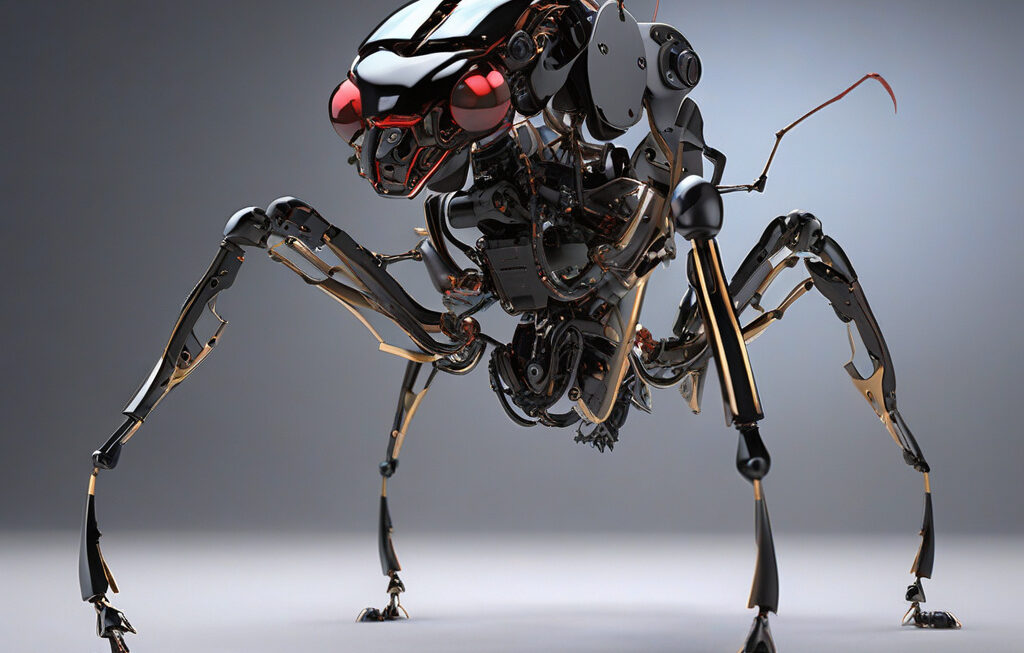Hong Kong to Deploy Mosquito-Killing Robot Dogs to Combat Chikungunya Virus
Authorities in Hong Kong are gearing up to embrace cutting-edge technology to curb rising cases of the Chikungunya virus. In a groundbreaking move, the city is set to deploy mosquito-killing robot dogs to tackle the spread of this debilitating virus. This innovative approach marks a significant step forward in the fight against mosquito-borne diseases, showcasing Hong Kong’s commitment to leveraging technology for public health.
The Chikungunya virus, transmitted by the Aedes mosquito, has been a growing concern in Hong Kong in recent years. With cases on the rise, traditional methods of mosquito control have proven to be insufficient in containing the spread of the virus. In response to this challenge, authorities have turned to advanced robotics to bolster their efforts.
The mosquito-killing robot dogs, equipped with sophisticated sensors and AI technology, are designed to seek out and eliminate mosquito breeding grounds with precision and efficiency. These robotic canines can navigate through hard-to-reach areas, such as dense urban environments and remote locations, where mosquito breeding sites often go undetected. By targeting these breeding grounds, the robot dogs can effectively disrupt the mosquito life cycle, reducing the population of disease-carrying mosquitoes.
One of the key advantages of using robot dogs for mosquito control is their ability to cover large areas in a short amount of time. Traditional methods of mosquito control, such as manual inspection and fogging, are labor-intensive and time-consuming. In contrast, the robot dogs can patrol designated areas autonomously, scanning for potential breeding sites and taking swift action to eliminate them. This not only increases the efficiency of mosquito control efforts but also minimizes the risk of human error.
Moreover, the use of robot dogs for mosquito control is a non-invasive and environmentally friendly approach to pest management. Unlike chemical insecticides, which can have harmful effects on the environment and non-target species, the robot dogs specifically target mosquito larvae, posing minimal risk to other organisms. This targeted approach not only reduces the environmental impact of mosquito control efforts but also helps to preserve the natural ecosystem.
The deployment of mosquito-killing robot dogs in Hong Kong underscores the city’s commitment to innovation in public health. By harnessing the power of technology to combat the spread of mosquito-borne diseases, Hong Kong is setting a precedent for other regions facing similar challenges. As the threat of vector-borne diseases continues to grow, the use of advanced robotics in mosquito control could prove to be a game-changer in safeguarding public health.
In conclusion, the introduction of mosquito-killing robot dogs in Hong Kong represents a bold and proactive approach to tackling the Chikungunya virus. By leveraging cutting-edge technology, authorities are not only enhancing their mosquito control efforts but also paving the way for a more sustainable and effective approach to public health. The deployment of these robotic canines signals a new era in the fight against mosquito-borne diseases, demonstrating the power of innovation in safeguarding communities against emerging health threats.
HongKong, ChikungunyaVirus, MosquitoControl, RobotDogs, PublicHealth












